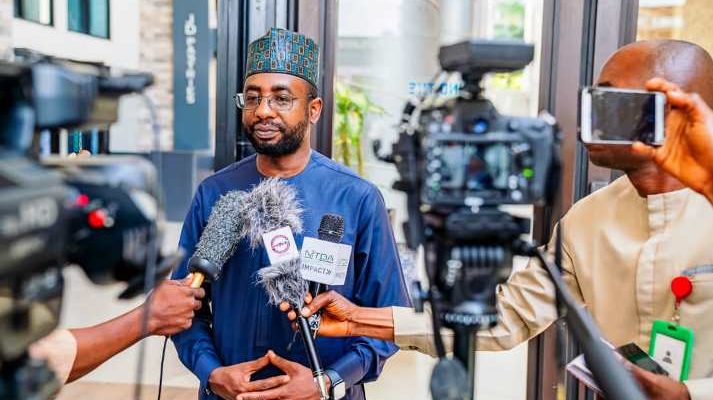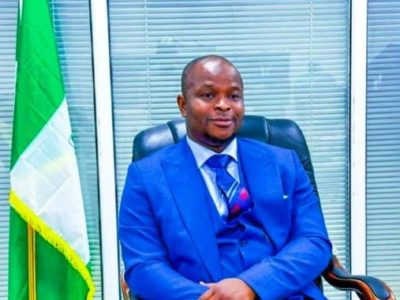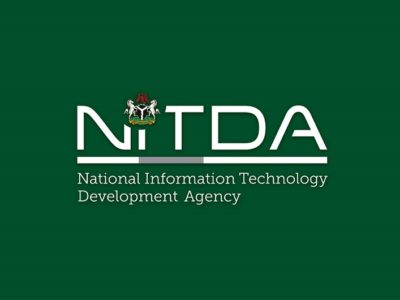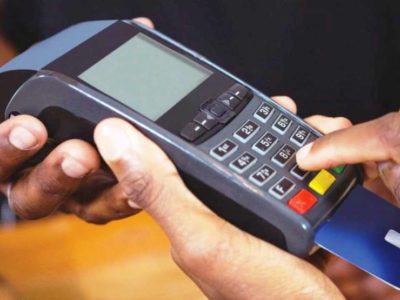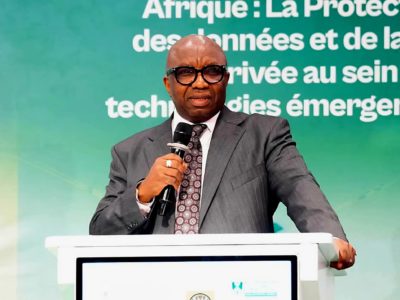- Targeting 95% Digital Proficiency by 2030
The National Information Technology Development Agency (NITDA) and the Federal Ministry of Education (FME) are partnering to advance digital literacy across Nigeria. They are aiming to equip students with the skills needed to thrive in the rapidly evolving digital economy. This initiative aligns with the Federal Government’s commitment to positioning Nigeria as a global digital leader.
RELATED: NITDA calls for digital literacy integration in Nigeria’s education system to prepare future workforce
NITDA Director General Kashifu Inuwa Abdullahi was speaking at the 68th National Council on Education (NCE) meeting. He highlighted the agency’s partnership with the Ministry of Communications, Innovations, and Digital Economy to deepen the nation’s digital literacy efforts. He emphasized that the collaboration with the education ministry is crucial to fulfilling the government’s broader vision of empowering citizens with essential digital skills.
“There is no way we can achieve our digital mandate without partnering with the Ministry of Education. This partnership is essential as it aligns with the Federal Government’s goals to equip citizens with the necessary skills to succeed in an increasingly digital economy,” Abdullahi stated. He noted that sustainable progress relies on strategic partnerships, shared goals, and a unified vision for digital transformation.
Importance of upskilling Nigeria’s workforce
He stressed the importance of upskilling Nigeria’s workforce, ensuring citizens not only consume digital technology but also possess the skills to create and utilize these technologies effectively. He highlighted that NITDA’s digital literacy efforts are grounded in its Strategic Roadmap and Action Plan (SRAP 2.0), which aims to achieve a 70% digital literacy rate by 2025 and 95% by 2030. Central to this initiative is the Digital Literacy Framework (DLF), which integrates digital skills into the formal education system to prepare students for the demands of the 21st-century workforce.
The new curriculum, once reviewed and approved, will mark a significant milestone in Nigeria’s journey toward becoming a digitally literate nation. Abdullahi underscored the government’s focus on human capital development as a foundation for positioning Nigeria as a leader in the global digital economy. “By prioritizing digital literacy and skills training, the country can harness the full potential of its human resources and foster a generation of tech-savvy individuals who can drive national development,” he said.
To achieve these ambitious targets, NITDA is collaborating with various stakeholders, including educational institutions, private sector entities, and international partners. These partnerships aim to facilitate knowledge exchange, capacity building, and market access, ultimately strengthening Nigeria’s digital ecosystem.
Inuwa also highlighted NITDA’s commitment to scaling up training programs for citizens, fostering digital fluency that enables individuals to navigate and utilize digital tools and services effectively. He reiterated that “technology improves lives, but people enhance technology,” reflecting a holistic approach to digital transformation that prioritizes skills development and innovation.
As Nigeria embarks on this transformative journey, the alignment of NITDA’s initiatives with the goals set by the Ministry of Communications, Innovations, and Digital Economy is pivotal for achieving sustainable digital growth and positioning the country at the forefront of global digital transformation.

